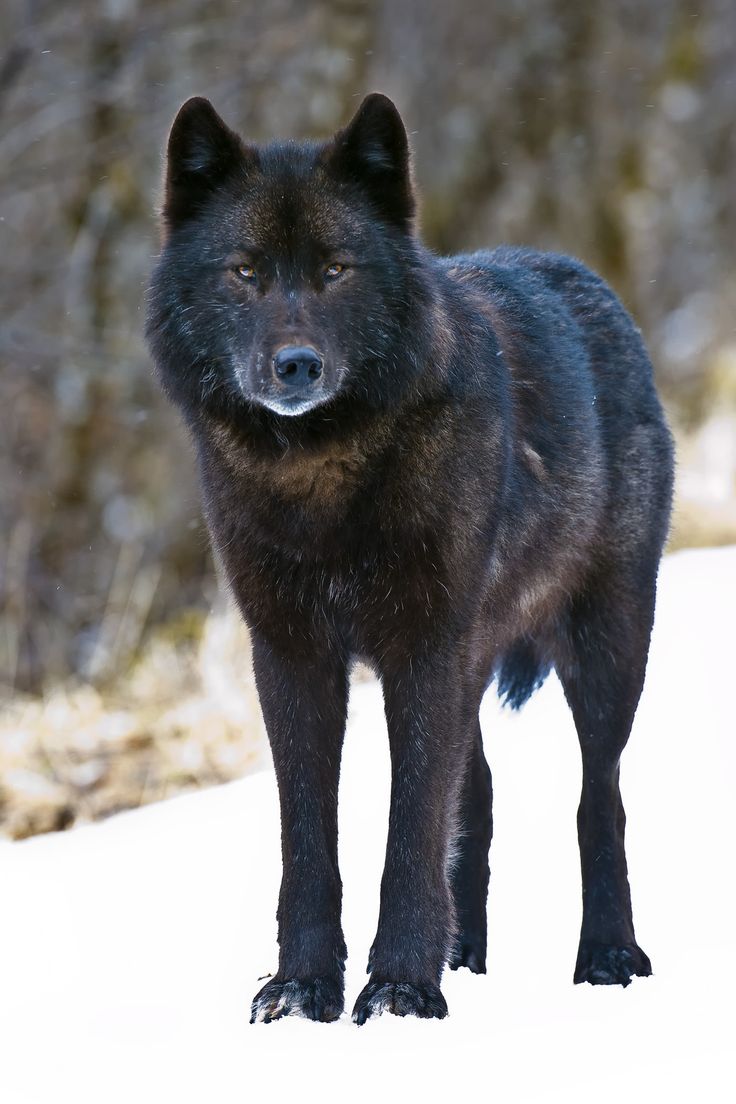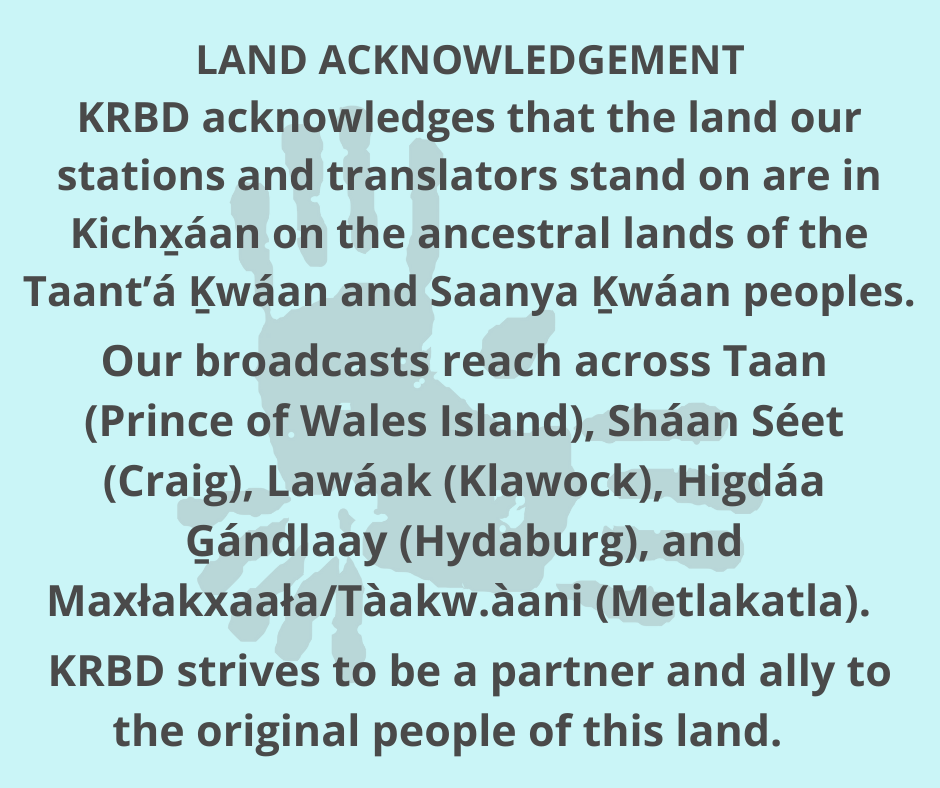Conservationists are urging state and federal game managers not to reopen the hunting and trapping season for wolves around Prince of Wales Island. That’s to allow the population to recover from last season’s record harvest.

An undated photo of an Alexander Archipelago wolf in Southeast Alaska. (Courtesy photo by Robin Silver/Center for Biological Diversity)
Much of Prince of Wales is part of Tongass National Forest. As such, hunting and trapping is managed by both the state and federal governments.
The U.S. Forest Service postponed the federal subsistence wolf season until at least October 31. The state’s hunting season is slated to open two weeks later. Now, wildlife advocates are calling for both hunting and trapping seasons to be canceled altogether.
State and federal managers eliminated the harvest cap last year. And that allowed a record 165 wolves to be hunted and trapped, says Patrick Lavin of Defenders of Wildlife in Anchorage.
“That level of trapping — direct mortality — is on top of other challenges for these wolves, especially from extensive habitat loss from clear cutting and road building in the past,” Lavin told CoastAlaska. “So, it’s a population kind of struggling to survive that got especially hard hit last last year because of that change in policy.”
A 2018 estimate by the Alaska Department of Fish and Game put the Alexander archipelago wolf population at around 170. But biologists say wolves breed quickly and a 2019 population estimate — minus the 165 reported killed — is due in the next few weeks.
That report will be a key factor in determining whether the state’s hunting and trapping season will go forward, state Fish and Game Commissioner Doug Vincent-Lang wrote in a September 18 letter to the Alaska Wildlife Alliance. He added that under the current management plan, the season will be closed if the population estimate falls below 100 wolves.
Hunters on the island have disputed that the wolf population is threatened. The animals are largely targeted due to their predation on deer. Venison is a prime subsistence food for the island’s residents.
But there’s been little consensus about the health of Southeast Alaska’s wolf population, a controversy that’s run for decades.
Environmentalists have again petitioned the federal government to list Southeast Alaska’s wolves as a distinct and threatened subspecies. That request remains pending with the U.S. Fish and Wildlife Service.








